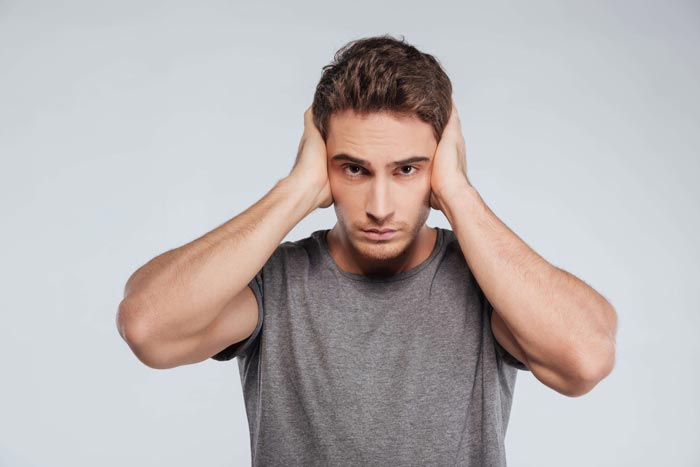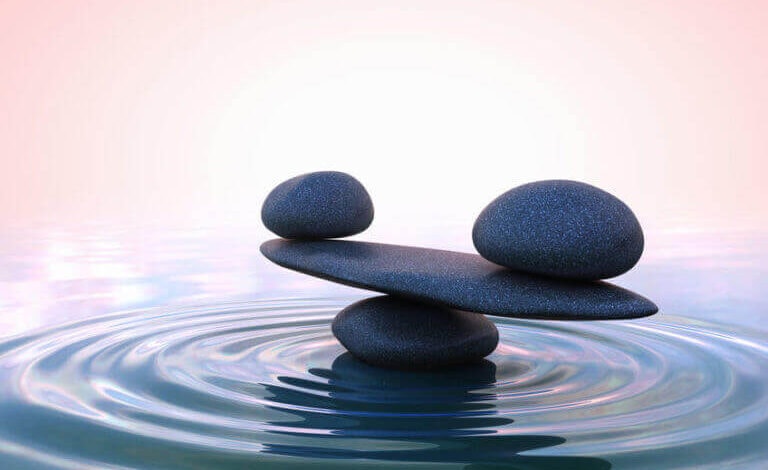There is no holiday party so important that you should risk your sobriety. Contrary to popular belief, the holidays do not have to revolve around alcohol. No matter where you are in your recovery journey, honoring your recovery during the holiday season should be your priority. The holidays might remind you of past trauma, stressful family dynamics, booze trips, or other triggers that could make you think of drinking. There are also more social functions around the holiday season where alcohol is involved. Staying strong in your recovery holidays or seeking treatment for an alcohol use disorder should be your priority if you have not yet done so. Below are helpful tips that can keep on track in your recovery during the holidays:
Avoid any stressful social situations
Office parties or family gatherings around the holidays can be triggering, especially if alcohol is involved. Family feuds may be lurking below the surface. Hostility, past drama, and guilt can often be triggers between distant relatives that only gather during the holidays, and alcohol often adds fuel to these fires. Office holiday parties can also be triggering, especially if coworkers are judgmental and continue to inquire why you chose to be sober. Office politics and being around inebriated coworkers can be extremely triggering for your recovery. To avoid stressful social situations, you must first be able to recognize your triggers. Often times, these triggers are uncovered during treatment with your therapist. Common underlying triggers associated with alcohol use include past trauma, family drama, extreme stress, and bullying. All of these can have a role in holiday family gatherings and office parties.
Celebrate your recovery during the holiday season
On the one hand, it is so easy to worry about triggers associated with alcohol use at holiday parties and gatherings. Still, on the other hand, it is important to take time to be grateful and celebrate your recovery. Attend holiday gathering with your recovery family, spend more time with your sober friends, attend community recovery meetings, and volunteer in your recovery community. Recovery is about connecting with other individuals. It is about far more than just the absence of alcohol, and the holiday season is the perfect time to connect with others.
You are never alone in your recovery
Recovery can be lonely, especially around the holiday season, where alcohol seems to be present at every social gathering. You may not feel comfortable attending family gatherings or holiday parties, and as a result, feelings of loneliness may come pouring in. The recovery community is huge, but you have to make an effort to connect with others, especially around the holidays. Reach out to your treatment alumni services about joining a recovery support group or search online for recovery support groups in your community. There are lots of opportunities to become involved in your recovery community this holiday season. Combating loneliness is part of succeeding in your recovery, and it is important to not feel alone during the holidays, as loneliness can be a potential trigger for relapse.
Keep an open dialogue
If you feel triggered around the holiday season, it is important to talk to a therapist or discuss your concerns with a trusted friend. Talking about your concerns regarding the holiday season and how this time of year can be triggering can help you overcome some of the holiday stress. You can also write your thoughts down in a journal as a way to self-reflect on the things that are bothering you.
Staying successful in your recovery around the holidays can be challenging. Entering into a treatment center for your alcohol use disorder around the holidays can also be challenging. However, it is important to look at the big picture and understand that your recovery is important and is a lifelong journey, whereas the holiday season will pass.
Akua Mind & Body treatment
AKUA Mind and Body is a full-service treatment program that offers a wide range of “east meets west” treatment modalities for many different populations struggling with mental health and substance use disorders. Akua makes your recovery a priority. Akua Mind & Body treats co-occurring disorders and works diligently with each client and their family to ensure that treatment is specifically tailored to their needs, and not just their disorder. Akua Mind & Body offers detoxification, intensive treatment programs, and outpatient treatment programs. Regardless of where you are in your recovery process, we can help.




